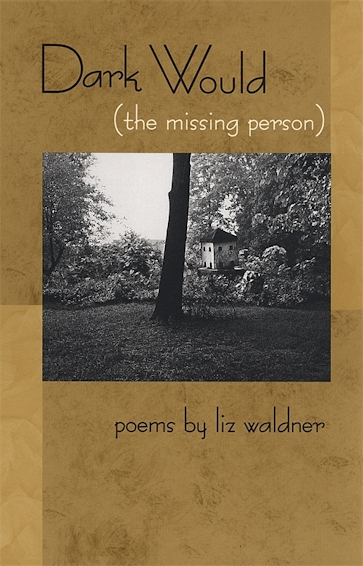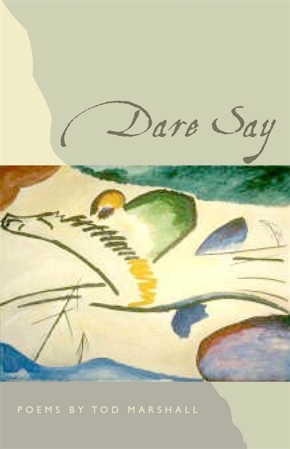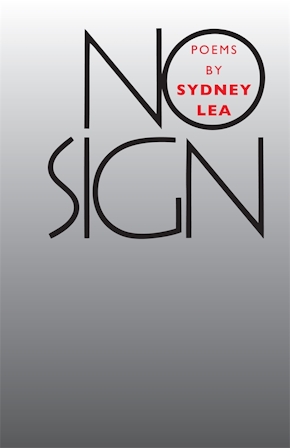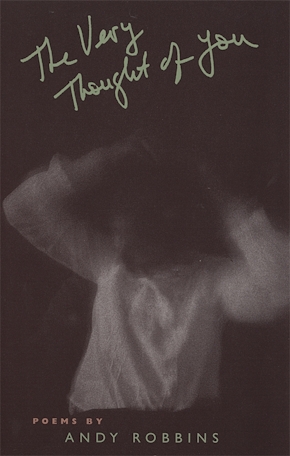Dark Would (the missing person)
Poems
Title Details
Pages: 112
Trim size: 5.500in x 8.500in
Formats
Paperback
Pub Date: 06/03/2002
ISBN: 9-780-8203-2391-6
List Price: $22.95
Series
Related Subjects
Dark Would (the missing person)
Poems
Skip to
- Description
- Reviews
- Awards
I can imagine no poetic place more quixotically treacherous than the right brain of a missing person. With nothing to lose and everything to find, Waldner unmuzzles the wild horses and lets them buck. She asks only that her readers hold on for dear life because if they do—and they must!—good lord a flly is boxing with white gloves on the black ground of a photograpsh (sic). Everything requires a sic: The shrimpy girl, the bruised blue of wrong, shifting alphabets, lines linked, language demolished and glued back together before the very eye. Dark Would (the missing person) creates its own keyhole. Dare to peek.
—Maureen Seaton
Wizards respect, and almost trust, reason. Liz Waldner is a powerful wizard. She conjures an echo chamber of verse, and in it she unslays the dragon with (s)wordplay of every kind. We watch open-mouthed, but especially listen, open-eared, as her sparks flash, as desire rises like moist wind from her 'probably lavender throat,' as she tastes the 'the might/but couldn't . . . bee,' that stinger, in phrases erotic and convolute as seashell.
—Stephanie Strickland
In Dark Would (as in Dante's) (the missing person) (as in 'I came to myself . . . the right way lost') Waldner deepens and intensifies the concerns of her previous three books: 'the habit of invisibility,' the healing 'by being broken anew,' the 'visible body,' the 'anonymous blood,' the 'how much do I owe you.' Longing: see me. Longing: don't. To each its other, and the self somewhere between, or dressed in drag, or 'in the wrong skin' or androgynous, or water, or masked—or not. The s/he of it all. Waldner's leaps and shorthand, her fast and sometimes playful associations through rhyme and pun, her willingness to let language carry her into unexpected realms—all this creates a whirlwind that one remains caught in long after one has put the book down. Not a world, but a universe. Waldner's at her best yet—she's flying
—Jane Mead
Waldner's irrepressibly odd lyric sequences leap from Steinian abstraction to sexual comedy in the space of a pun or the dash between parts of a sentence. . . . Walder dramatizes her fascination with fragments, impenetrabilities and Renaissance science (e.g., Galileo) not just with fireworks of diction or verbal rambles, but with well-constructed couplets and sentences about the fractured psyche.
—Publishers Weekly
By reconstructing the language, line, syntax, and sense of those who came before, this poet creates a new sort of intensely personal poetics.
—ForeWord
Winner
Washington State Book Awards, Washington Center for the Book at The Seattle Public Library



